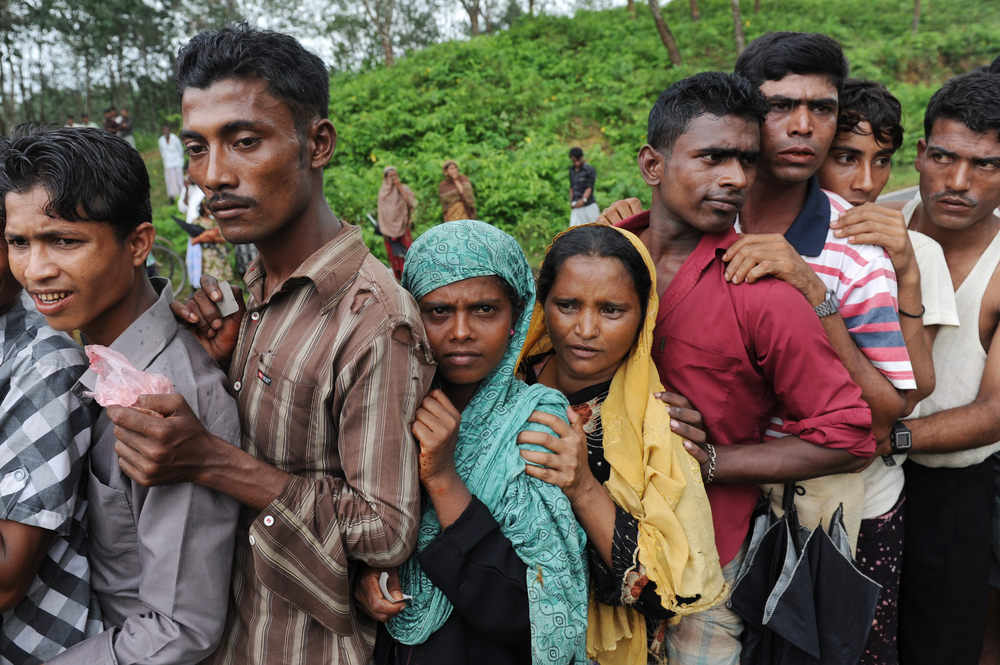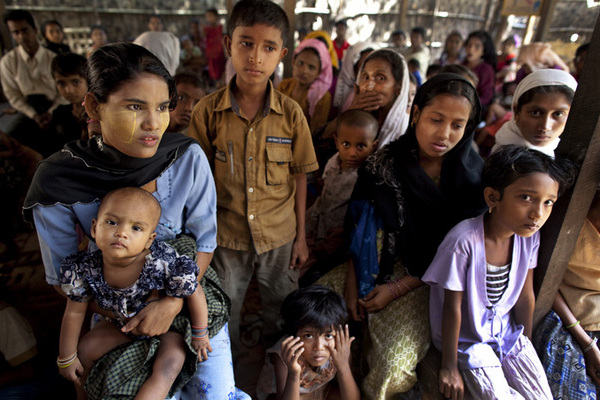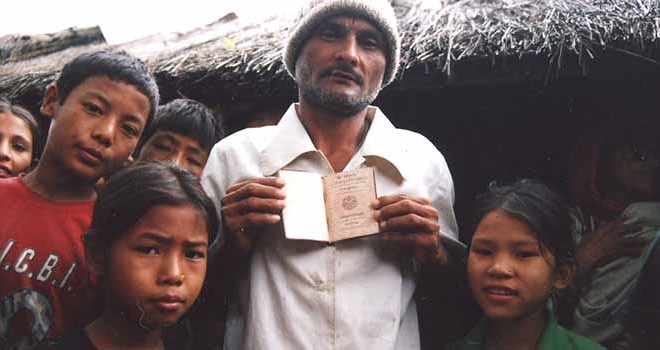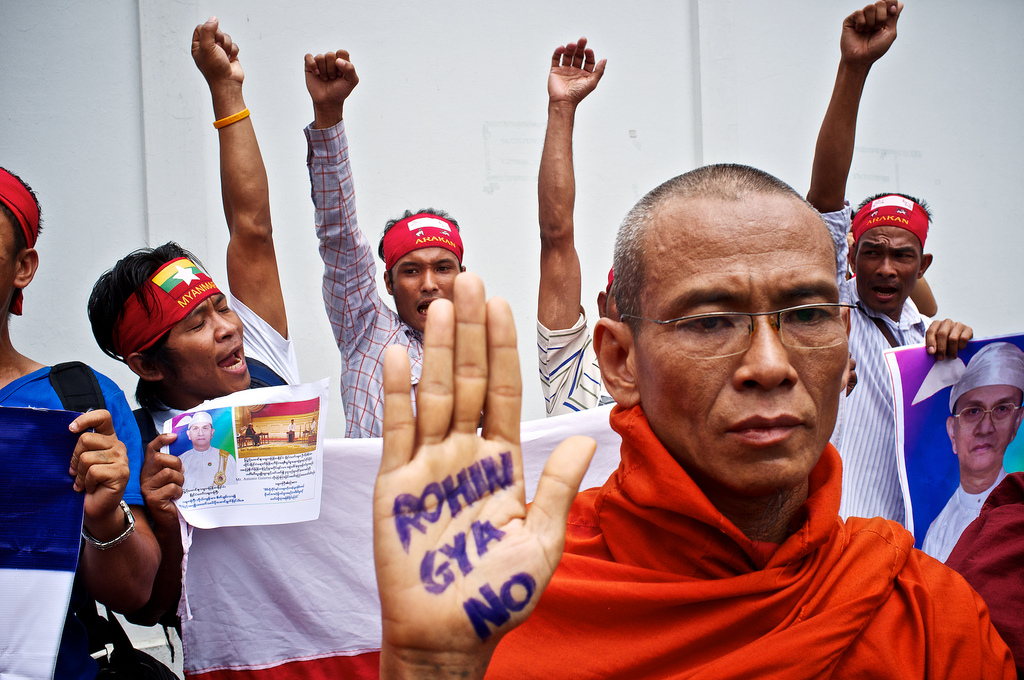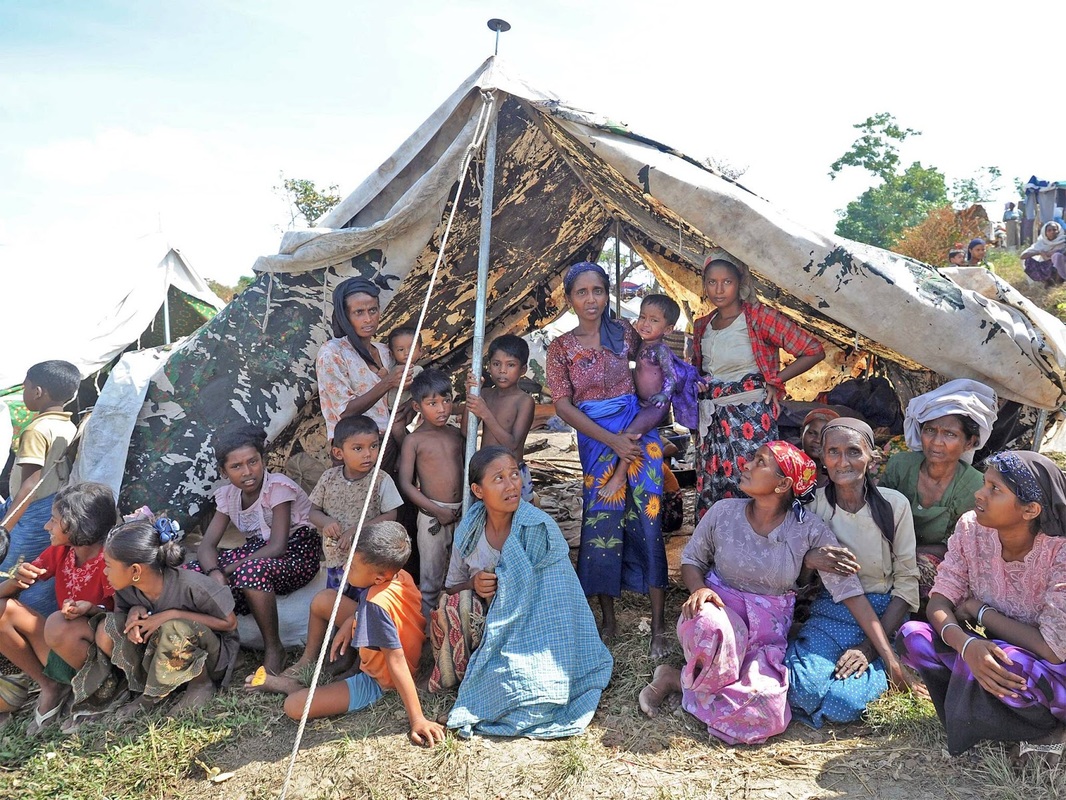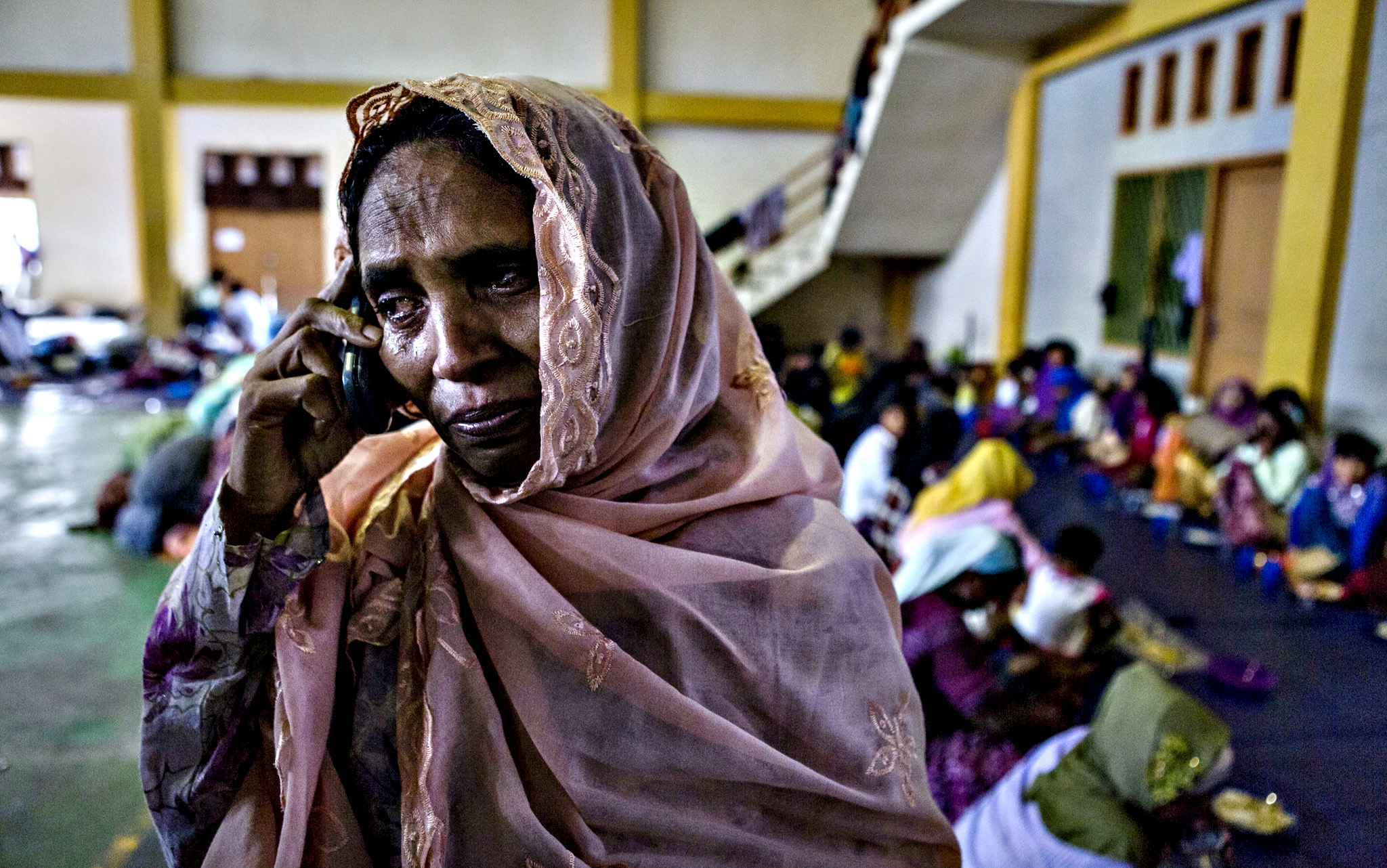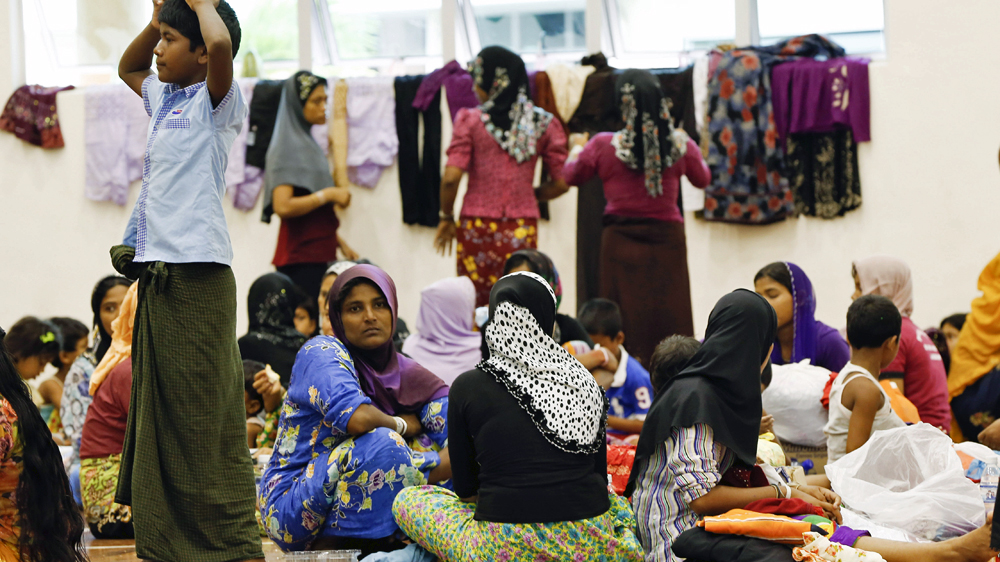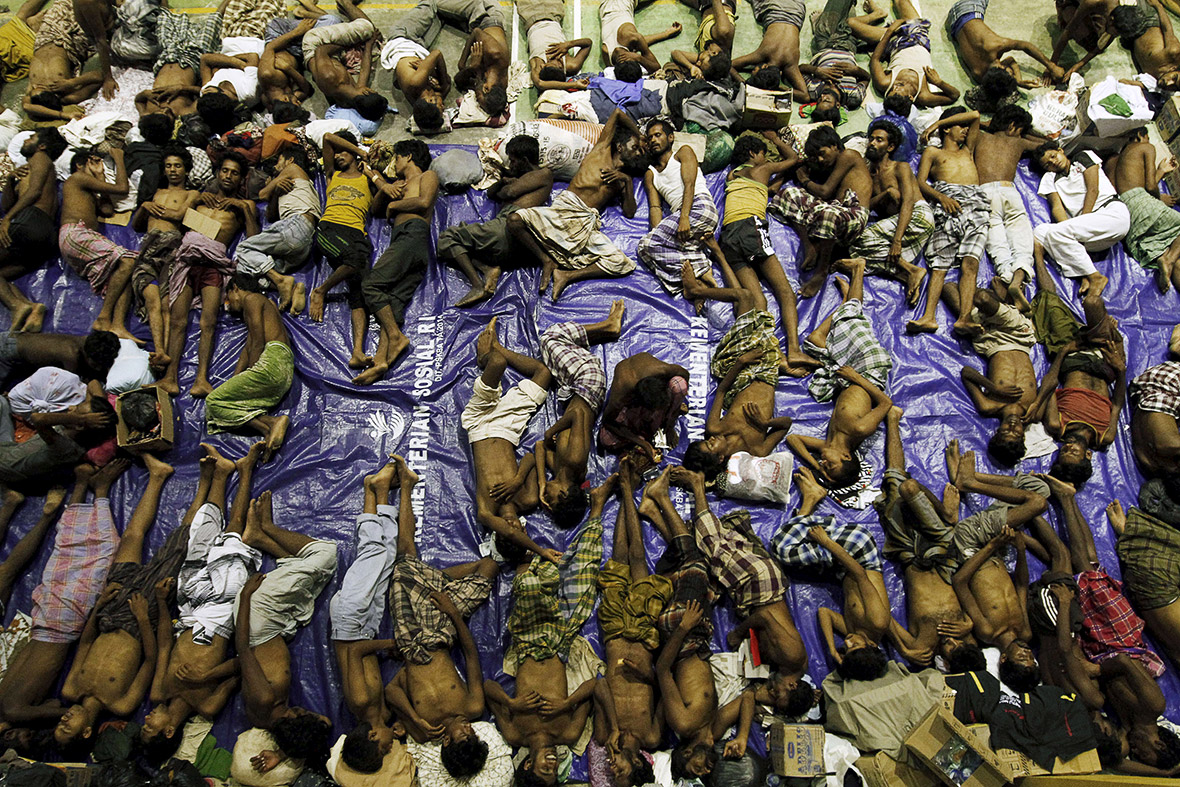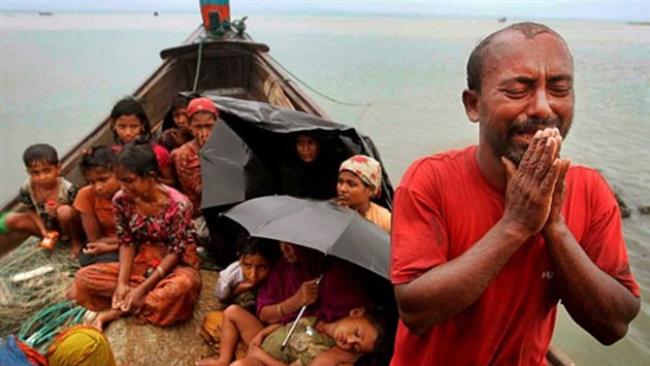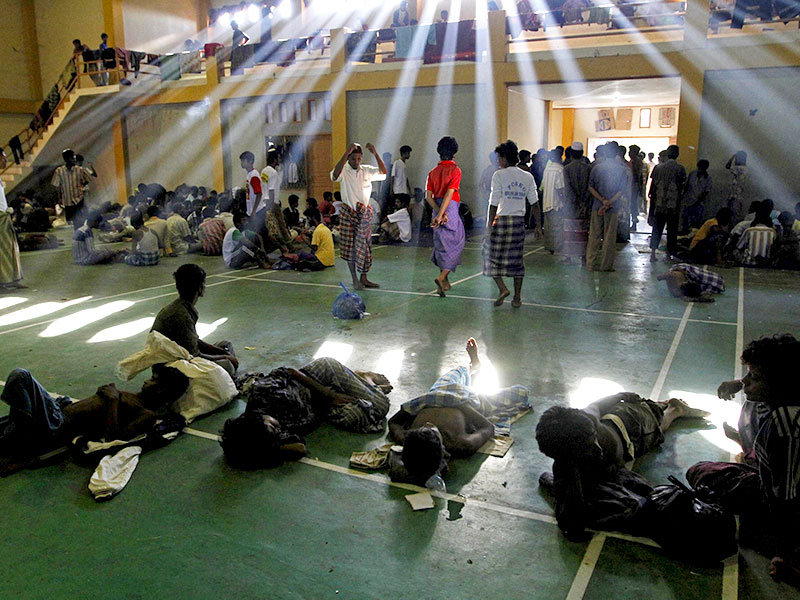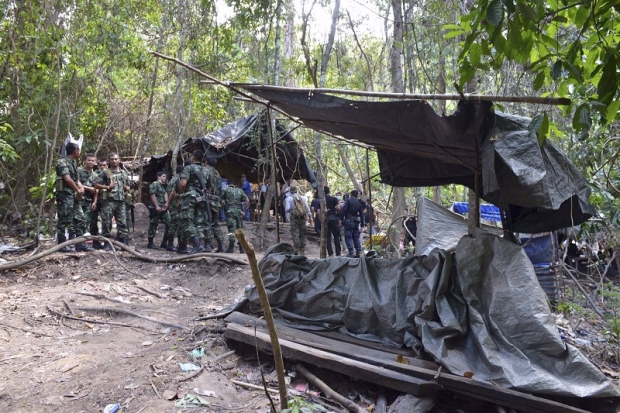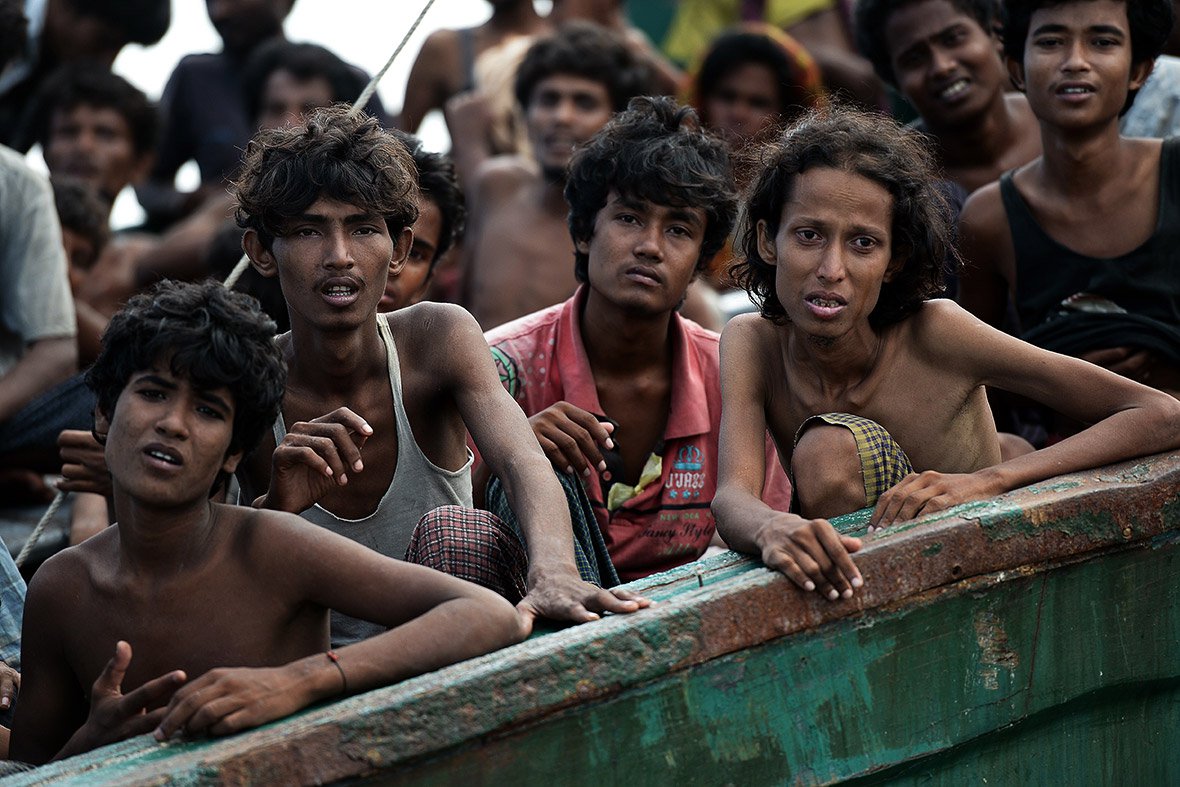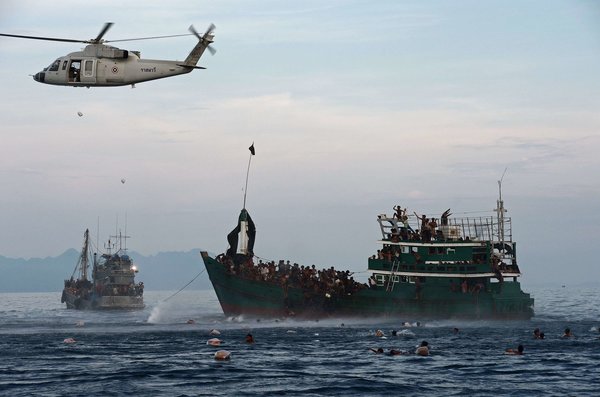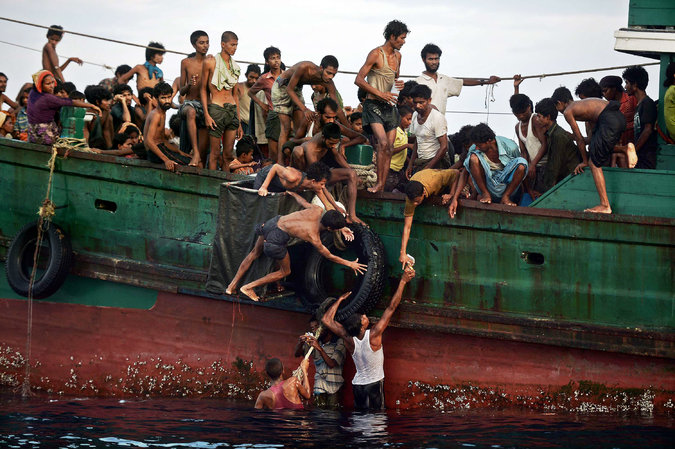14 Facts To Help You Understand The Complex Situation Of Rohingya Refugees
Their government insists that they are in the country illegally, and most neighbouring countries refuse to accept them. In effect, they are stateless.
1. The Rohingya are a Muslim minority population living in Myanmar, formerly known as Burma
2. Despite being in the country for centuries, Rohingya people are not recognised as citizens or an ethnic group. They are by definition, stateless.
President Thein Sein denies that the Rohingya, with a population estimated at 800,000 or more, exist as an ethnic group, and he refers to them as Bengalis, suggesting that they are from Bangladesh and therefore subject to deportation.
Many Rohingya came to Myanmar, then known as Burma, in the 19th century, when the country was under British rule. The Rohingya themselves, and some scholars, say they are indigenous to Rakhine State. Muslims have lived in Rakhine, once known as Arakan, for centuries, although it is not clear whether the Rohingya of today descend directly from those Muslims.
Their government insists that they are in the country illegally, and most neighboring countries refuse to accept them.
In effect, they are stateless.
3. Rohingya refugees must prove themselves to be recognised
A 1982 law in Burma states that in order to be officially recognized as a minority, a group has to be able to show that their ancestors were living in Burma prior to 1823, which is when the British overran Rakhine. Much of the Rohingya people state that this fact is true and that their ancestors made travel to Burma many generations ago, however, they have no proper documentation to prove their claims.
4. Tens of thousands of Rohingya have been fleeing Myanmar over the last few years after facing harsh persecution by Buddhist extremists
In the last three years, more than 120,000 members of the Muslim minority, who are intensely persecuted in Buddhist-majority Myanmar, have boarded ships to flee to other countries, paying huge sums of money to human traffickers.
yahoo.comThe refugees fleeing Myanmar, from the Muslim Rohingya ethnic minority, have been persecuted for decades. They have been evicted from their homes and kicked off their land, and attacked by the military and by Buddhist extremists in Rakhine, the western coastal state where they live. Their voting rights were effectively revoked in February.
5. Rohingya live on either side of the Myanmar-Bangladesh border, as some have fled to Bangladesh
Rohingya live on both sides of the Myanmar-Bangladesh border, and some 200,000 Rohingya live in refugee camps in Bangladesh, many in squalid conditions.
According to the UN Refugee Agency (UNHCR), there are 200,000 to 500,000 Rohingyas in Bangladesh, of whom only 30,000 are documented and living in two government camps assisted by the agency, both within 2km of Myanmar. Most live in informal settlements or towns and cities in what Médecins Sans Frontières (MSF) has described as “deplorable conditions”.
Communal violence in Rakhine (Myanmar) state in 2012 displaced more than 140,000 Rohingya, and forced many to cross into Bangladesh. Conditions are far from ripe for their return.
6. Myanmar unveiled a plan to offer the Rohingya people citizenships but it meant they would need to change their ethnicity to Bangladeshi, thus admitting that they are illegally in the country
A Rohingya woman, Samsidah Begom binti Abdul Syukur, cries as she makes a phone call
Image via blogs.ft.comLast year, Myanmar unveiled a controversial plan offering Rohingya citizenship if they changed their ethnicity to Bangladeshi in origin. For the Rohingya, calling themselves “Bengali” implies they are illegally in the country, which most of them reject.
newsweek.comA UNHCR spokeswoman told Reuters it would be impossible for the agency to [help to resettle overseas those who fail to obtain citizenship], because they would not be "recognized refugees who have fled persecution and conflict across international borders".
"This plan is profoundly troubling because it would strip the Rohingya of their rights, systematically lock them down in closed camps in what amounts to arbitrary, indefinite detention," Phil Robertson, deputy director for Asia at Human Rights Watch said.
7. Bangladesh, on the other hand, denies them as Bengalis and have been guilty of persecuting the Rohingya as well
The [Bangladesh] government denies that Rohingya from Myanmar are actually Bengalis, as the Myanmar government insists. Bangladesh has been trying to close its borders to the migrants.
Bangladesh’s humanitarian record regarding the Rohingya has in some ways mirrored Myanmar’s. In August 2012 Bangladeshi authorities ordered three NGOs - MSF, Action Against Hunger and Muslim Aid UK - to stop the formal delivery of humanitarian services to undocumented Rohingya refugees.
Later that year, Bangladeshi authorities used allegations that Rohingya were responsible for a violent attack on Buddhist temples and homes in the Cox’s Bazar area to justify sweeping arrests.
8. Neighbouring countries in the Southeast Asia have been turning a blind eye on this humanitarian crisis
Southeast Asia, which for years tried to quietly ignore the plight of Myanmar's 1.3 million Rohingya, now finds itself caught in a spiraling humanitarian crisis that in many ways it helped create.
In the last three years, more than 100,000 members of the Muslim minority have boarded ships, fleeing persecution, according to the U.N. refugee agency.
But governments at the same time respected the wishes of Myanmar at regional gatherings and avoided discussions of state-sponsored discrimination against the Rohingya.
9. For years, ethnic Rohingya Muslims have been smuggled in illegally through the mountains of Thailand and kept in camps until their 'ransoms' were paid
Migrants believed to be Rohingya inside a shelter after being rescued from boats, in Lhoksukon, Indonesia's Aceh Province.
Image via Hindustan TimesFor years, human rights organizations and investigative journalists have reported on the thriving human trafficking networks that operate with support and protection from corrupt officials in southern Thailand.
Authorities said traffickers are widely known to use the Songkhla mountains and other nearby areas for temporary camps to house Rohingya and others before smuggling them to third countries.
In many cases, [the Rohingya] paid agents for passage to what they thought would be a better life and jobs in Malaysia or points beyond. Instead, they were held for weeks, sometimes months, while smugglers extorted more money from families back home.
10. The recent discovery of shallow graves were Rohingya Muslims being held by traffickers, left to starve and die
Police have found dozens of shallow graves, a corpse and an ailing survivor at an abandoned jungle camp in an area of southern Thailand that is regularly used to smuggle Rohingya Muslims, as well as Bangladeshis and other migrants, to third countries.
On May 1, 2015, a joint military-police taskforce discovered at least 30 bodies at an abandoned human trafficking camp in the Sadao district of Songkhla province close to the Thai-Malaysian border. Many were buried in shallow graves, while others were covered with blankets and clothes and left in the open.
Police reports indicate the dead are ethnic Rohingya Muslims from Burma and Bangladesh who starved to death or died of disease while held by traffickers who were awaiting payment of ransoms before smuggling them into Malaysia. Traffickers controlling this camp apparently departed into the mountainous jungle, taking surviving Rohingya with them.
11. Recent regional crackdown on human trafficking has forced smugglers to change tactics, which consequently left thousands of refugees stuck on boats for an indefinite amount of time
After the discovery of a mass grave this month believed to contain the bodies of 33 Burmese and Bangladeshi migrants, officials raided several smuggling camps in southern Thailand and charged dozens of police officers and senior officials with being complicit in the trade.
Recent security crackdowns forced the smugglers to change tactics, instead holding people on large ships parked offshore.
Initially they were shuttled to shore in groups on smaller boats after their "ransoms" were paid. But as agents and brokers on land got spooked by arrests - not just of traffickers but also police and politicians - they went into hiding.
That created a bottleneck, with migrants stuck on boats for days and weeks.
12. The arrival of Rohingya Muslims in SEA countries have not been welcomed and have their boats turned away, with nowhere to land
Thousands of Rohingya Muslims and Bangladeshis abandoned at sea by human traffickers have nowhere to go after Malaysia turned away two boats crammed with more than 800 migrants, and Thailand kept at bay a third boat with hundreds more.
Thailand: Its navy says that it has given aid to migrant boats in its waters, and it has indicated that it may be prepared to allow refugee camps on its shores. But it does not want permanent settlers, and few Rohingyas want to settle in the country even if the alternative is to remain on cramped boats.
Malaysia: This is the choice of destination for most Rohingya travellers, especially because it is predominantly Muslim and short of unskilled labourers. But Malaysia has made clear that it will not accept boatloads of migrants and has ordered its navy to repel them.
Indonesia: Like Malaysia is a Muslim country and like Malaysia has made clear that the Rohingyas are not welcome, with its navy turning away boatloads of migrants. A group of migrants who made it ashore in early May may be expelled, the government has warned.
13. Despite pleading from the U.N., no countries are willing to accept the Rohingya, afraid of the potential endless influx of migrants
Despite appeals by the U.N. and aid groups, no government in the region — Thai, Indonesian or Malaysian — appears willing to take the refugees, fearing that accepting a few would result in an unstoppable flow of poor, uneducated migrants.
yahoo.com14. With the Rohingya people being sent back and forth around SEA, Phil Robertson has called out Indonesia, Thailand and Malaysia to stop playing a "three-way human game of ping pong"
“The Thai, Malaysian and Indonesian navies should stop playing a three-way game of human ping pong, and instead should work together to rescue all those on these ill-fated boats,” said Phil Robertson of Human Rights Watch Asia.
Rohingya refugees a boat drifting in Thai waters off the southern island of Koh Lipe, May 14, 2015.
Image via Huffington Post